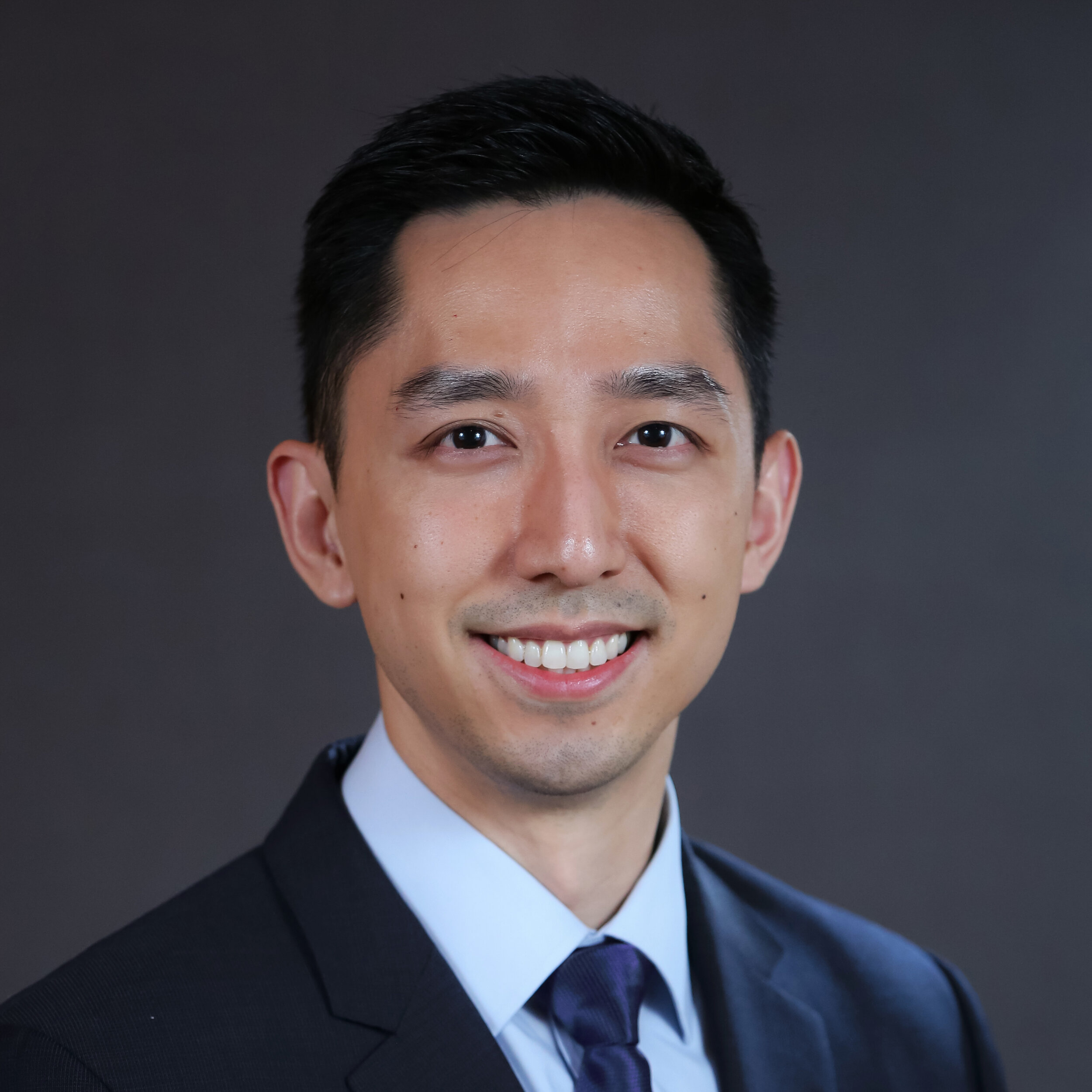Michael Fu, MD
Selecting the right surgeon for your shoulder surgery is a critical decision that can significantly impact your outcomes and overall experience. While many orthopedic surgeons perform a wide range of procedures, choosing a surgeon who specializes exclusively in shoulder surgery offers several distinct advantages. In this post, we'll explore why it's better to choose a surgeon who specializes only in shoulders and how it can enhance the quality of your care and results.
In-Depth Knowledge
Surgeons who specialize solely in shoulder surgery dedicate their entire practice to understanding the complexities of shoulder anatomy, biomechanics, and pathology. This specialized focus allows them to stay abreast of the latest advancements, techniques, and research in the field, ensuring that patients receive the highest level of care.
Accurate Diagnosis
Shoulder specialists possess the expertise to accurately diagnose and evaluate a wide range of shoulder conditions, including rotator cuff tears, labral injuries, shoulder arthritis, and instability. Their in-depth understanding of shoulder pathology allows them to identify subtle abnormalities and tailor treatment plans to each patient's unique needs.
Individualized Treatment Plans
A shoulder specialist takes a personalized approach to treatment, considering factors such as the patient's age, activity level, functional goals, and underlying shoulder pathology. Whether recommending conservative measures or surgical intervention, the specialist develops a customized treatment plan aimed at maximizing outcomes and minimizing risks.
State-of-the-Art Procedures
Shoulder specialists are at the forefront of innovation, offering access to the latest advancements in surgical techniques, implants, and technology. From minimally invasive arthroscopic procedures to complex reconstructive surgeries, they employ cutting-edge techniques to optimize outcomes and expedite recovery for their patients.
Specialized Expertise
Certain shoulder procedures, such as complex rotator cuff repairs, shoulder instability reconstructions, and reverse total shoulder replacements, require specialized expertise and precision. Shoulder specialists possess the advanced skills and experience necessary to perform these procedures safely and effectively, achieving superior results for their patients.
Streamlined Referral Network
Shoulder specialists often collaborate closely with other healthcare professionals, including physical therapists, radiologists, and pain management specialists, to ensure comprehensive and coordinated care. This collaborative approach streamlines the referral process, facilitates communication among providers, and promotes continuity of care for patients undergoing shoulder surgery.
Research and Education
Shoulder specialists are actively involved in research, education, and training within their subspecialty. They contribute to the advancement of knowledge in shoulder surgery through clinical research, academic publications, and participation in professional organizations. This dedication to advancing the field ensures that patients benefit from the latest evidence-based practices and innovations in shoulder care.
Conclusion
Choosing a surgeon who specializes exclusively in shoulder surgery offers numerous advantages for patients seeking treatment for shoulder conditions. From their in-depth knowledge and experience to their personalized approach and advanced surgical techniques, shoulder specialists are uniquely equipped to provide comprehensive, high-quality care. By selecting a shoulder specialist, patients can feel confident that they are receiving the expertise, attention, and support needed to achieve optimal outcomes and regain function and mobility in their shoulders.
About the Author
Dr. Michael Fu is an orthopedic surgeon and shoulder specialist at the Hospital for Special Surgery (HSS) in New York City (NYC) and New Jersey (NJ), the best hospital for orthopedics as ranked by U.S. News & World Report. Dr. Fu is an expert at shoulder rotator cuff repair surgery, shoulder instability surgery, and shoulder replacement. Dr. Fu was educated at Columbia University and Yale School of Medicine, followed by orthopedic surgery residency at HSS and sports medicine & shoulder surgery fellowship at Rush University Medical Center in Chicago. He has been a team physician for the Chicago Bulls, Chicago White Sox, DePaul University, and NYC’s PSAL.
Disclaimer: All materials presented on this website are the opinions of Dr. Michael Fu and any guest writers, and should not be construed as medical advice. Each patient’s specific condition is different, and a comprehensive medical assessment requires a full medical history, physical exam, and review of diagnostic imaging. If you would like to seek the opinion of Dr. Michael Fu for your specific case, we recommend contacting our office to make an appointment.



